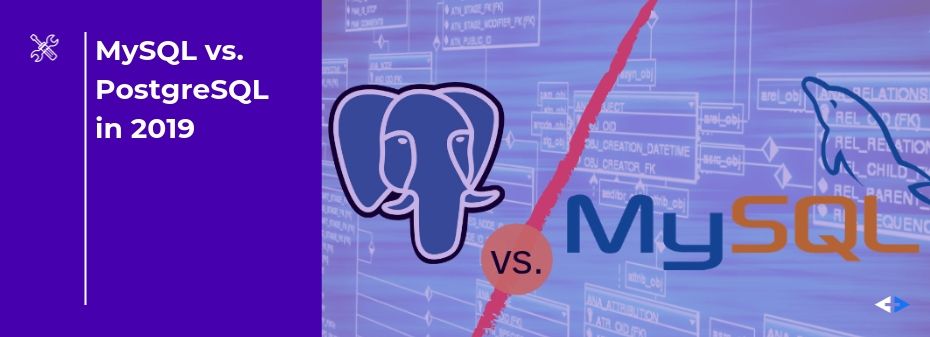
This is because Structured Query Language (SQL) is used to communicate with and manage these databases.

The second name of such systems is SQL databases. Codd proposed this idea as a new way to organize and manage data using principles from mathematics in his seminal paper “A Relational Model of Data for Large Shared Data Banks,” published in 1970. On the other hand, a foreign key is a column or a set of columns in one table that refers to the primary key in another table, establishing a link between them.ĭespite these connections between tables, the term relational in relational database systems comes from the mathematical concept of relations. A primary key is a unique identifier for each record in a table, ensuring that no two records have the same value for that specific column or set of columns.

So tables in relational databases are connected to other tables through primary key or foreign key relationships. RDBMSs have a predefined schema with a strict structure and clear dependencies between different data points. Each table represents a relation, and the rows (also called tuples) hold individual records within that relation. Relational or SQL databasesĪ relational database management system (RDBMS) is an information repository that organizes data into tables consisting of rows (records) and columns (attributes that contain the properties of these records). Relational vs non-relational databases in a nutshell. Before discussing the most popular database options, let’s take a closer look at how relational and non-relational database systems differ, considering commonly used data structures, performance, scalability, and security. There are two types of DBMSs: relational and non-relational, also referred to as SQL and NoSQL respectively. Types of databases: Relational vs non-relational

Since databases are just a part of the whole data management strategy, learn about this comprehensive approach in our dedicated article. Additionally, the system can handle concurrent users, maintain transactional consistency, and provide robust backup and recovery options, making it an essential component in any data-centric environment. The system provides a comprehensive suite of tools to govern databases, ensuring data security, consistency, and integrity.Ī DBMS supports various applications, from simple storage and retrieval tasks to complex data-driven systems, by implementing efficient data access and management practices. It acts as a mediator between the database, applications, and user interfaces to manage and organize data effectively.
#MYSQL VS MONGODB PROS AND CONS SOFTWARE#
What is a database management system?Ī Database Management System (DBMS) is a specialized software designed to store, retrieve, and manipulate data.

With this database comparison at hand, you will be able to make an informed decision for your project. We will focus on their business-related benefits and challenges while highlighting the ideal use cases for each. In this article, we’ll compare the 12 most commonly used DBMSs: MySQL, MariaDB, Oracle, PostgreSQL, MSSQL, SQLite, MongoDB, Redis, Cassandra, Elasticsearch, Firebase, and DynamoDB. With many options available, it can be challenging to determine the best database management system (DBMS) that will perfectly suit your needs. In the world of software development, choosing the right database is a crucial decision that can significantly impact your application’s performance, scalability, and ease of use.
#MYSQL VS MONGODB PROS AND CONS HOW TO#
How to choose a database management system Reading time: 23 minutes.Types of databases: Relational vs non-relational.


 0 kommentar(er)
0 kommentar(er)
